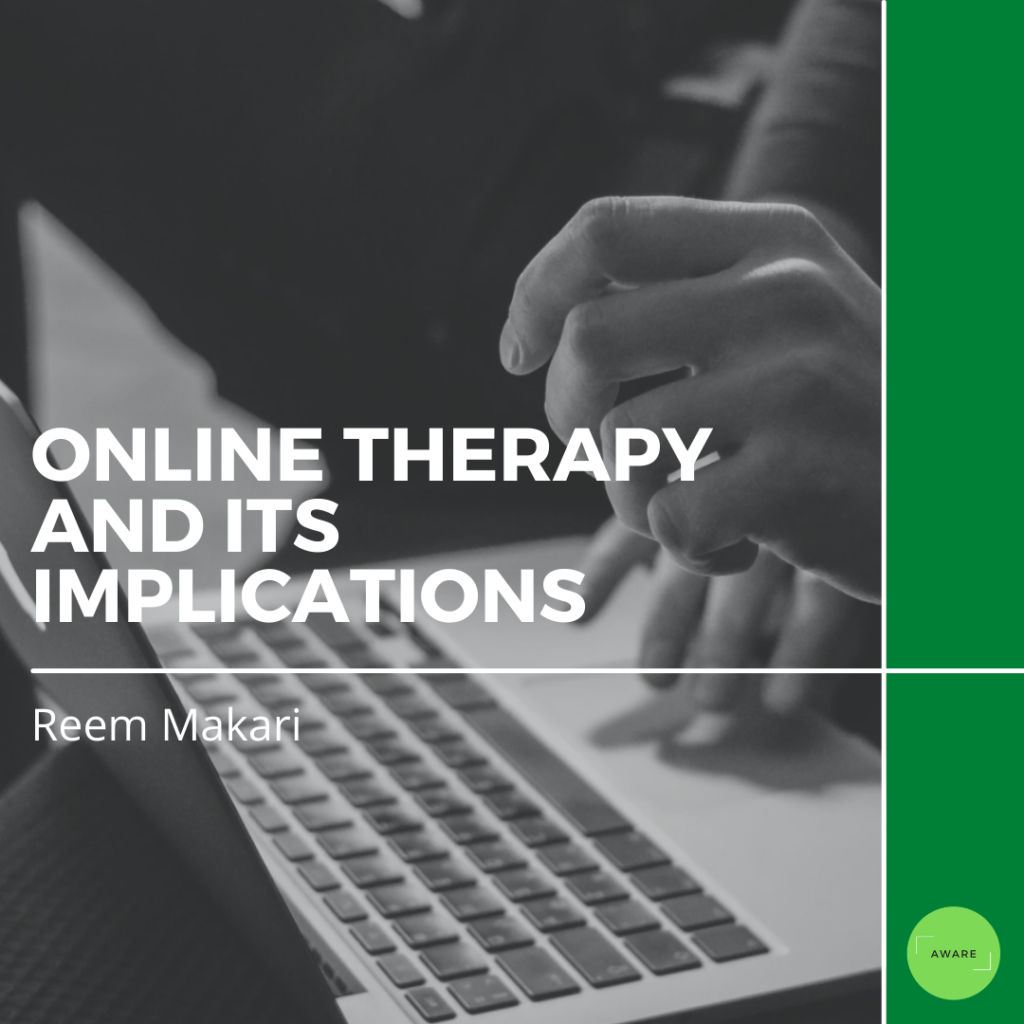The freedom to find, choose, and afford therapy in real life is a huge privilege and, unfortunately, not many find themselves in the position to have that. This is when online therapy becomes a viable option to help you throughout your mental health journey.
What is Online Therapy?
Online therapy, also known as e-therapy or teletherapy, is a mental health service provided over the internet where you can connect to licensed counselors through a website or application. Weekly sessions can be scheduled over video, audio, or text form.
Cognitive Behavioural Therapy (CBT) is often used in these sessions to provide support with the treatment of depression, anxiety, grief, and emotional distress. It is important to note that in the case of severe mental health risks like self-harm and suicide, online therapy is not a valid option and emergency resources need to be contacted in this situation.
What are the Advantages of Online Therapy?
- Affordability. If therapy in real life is not covered by insurance, it can be very expensive to pay per each session on a regular basis. Online therapy, on the other hand, is usually much more affordable. You will usually have the option to schedule 30 t0 60-minute sessions weekly with a monthly subscription.
- Anonymity. For young people that may still be living at home with their parents or for anyone who lives in areas that stigmatize mental health that may not want to share with anyone that they are seeking therapy, this is an option that provides them with a platform to stay anonymous. You can choose to use the text form for online therapy sessions to be more discrete and you would not have to attend any sessions in real life as it can all be attended from the comfort of your own home.
- Flexibility. With online therapy, you have the choice to schedule each session depending on which time they are available as long as the therapist you are talking to is free at that time. You also have the choice to cancel your subscription at any time or change your current therapist if you do not find yourself harmonising with them. Lastly, you are given the choice to place your preferences of the race, sexuality, religion, and gender of the therapist that you would like to be matched with depending on who you are most comfortable with.
COVID-19 Social Distancing
In the post-pandemic world, people might find themselves more comfortable conducting sessions online rather than going in real life in order to adhere to any social distancing measures. They will still be able to follow up with each session to stay on track but by choosing online therapy, they are doing it in a safer way instead.
What are the Disadvantages of Online Therapy?
- Limitations. Before being matched with a therapist, most online therapy websites or applications will ask you to fill out a form to see which type of mental health assistance works best for you. In case you fall into a more severe side of the scale, you may be rejected from doing online therapy and be advised to go see someone in real life. This is due to the fact that online therapists are not allowed to make any official diagnosis or prescribe any medications that may be needed in these cases.
- Accuracy. With online therapy, there is only so much that a therapist can see through a video screen and even less if the patient chooses to use the audio or text form. This means the therapists cannot observe any sign of body language that indicates anxiety or something else and will therefore not be able to make their treatment 100% accurate.
- Emergencies. Users are connected to counselors with online therapy from all over the world and this means time zones can greatly affect the response time. In any case of emergencies, it is not guaranteed that your counselor will respond in time, and you would be advised to contact hometown emergency services in these situations first.
- Confidentiality. Although counselors will not leak your identity or share information about sessions, it is not completely guaranteed that there will not be any hacks on the website or applications. This is a risk with anything that is used over the internet, and you have to be aware of it completely before making the decision to continue with online therapy.
Is Online Therapy the Right Thing for You?
Many users of online therapy have reported great outcomes and experiences that have helped them in the future. At the very least, it provides you with the option to have someone to talk to and support you with your mental health journey for as long as you need to at a certain period in your life.
However, it all depends on the severity of your case and whether you feel like it works for you or not. Improving your mental health is a trial-and-error journey but this might at least be a small step to get you where you need to be in the future.
